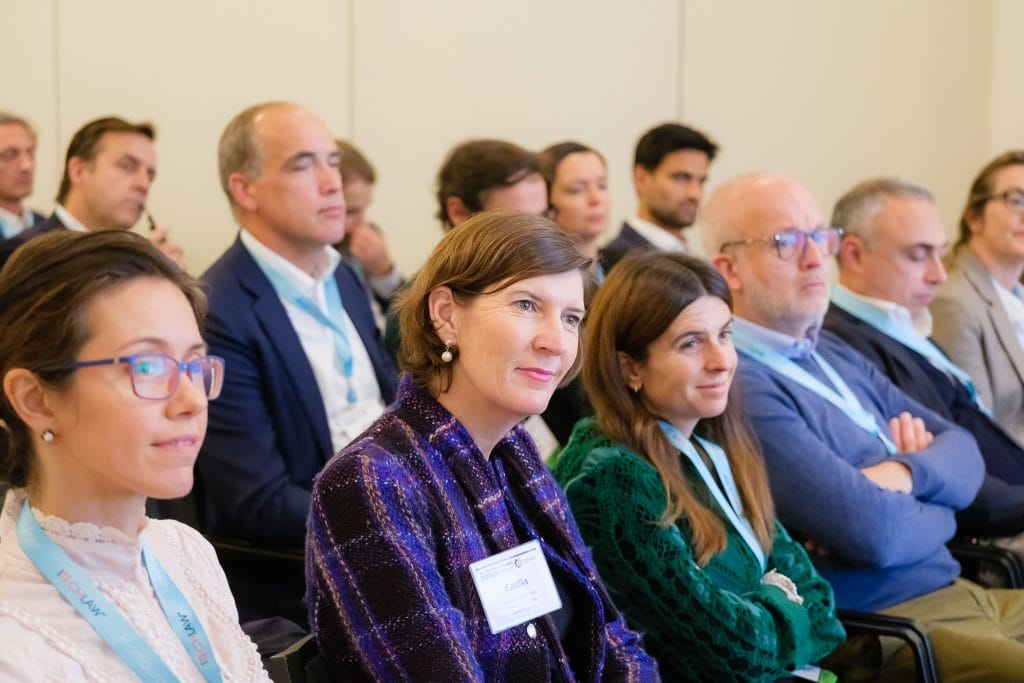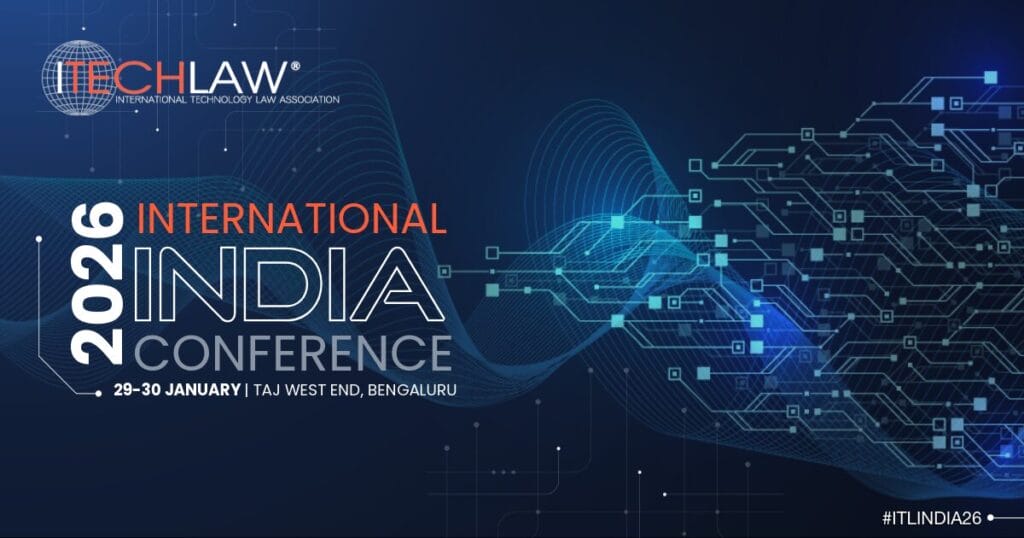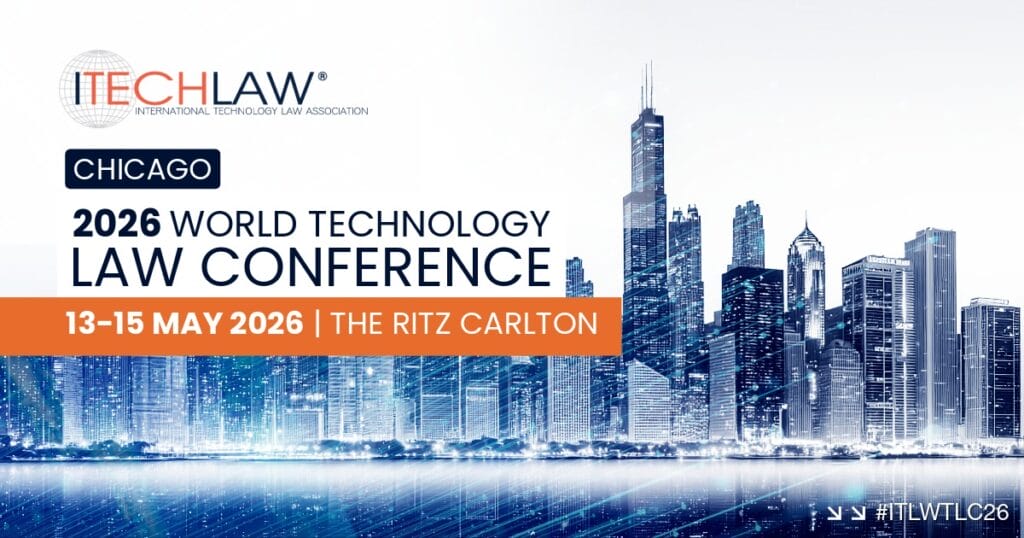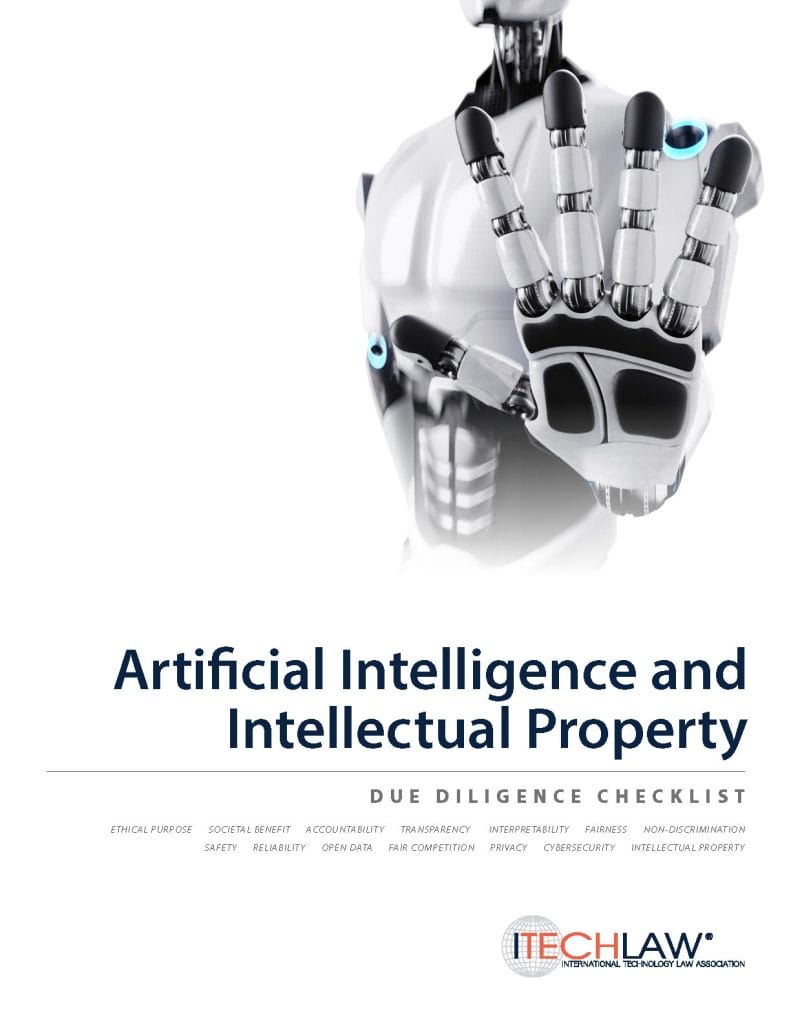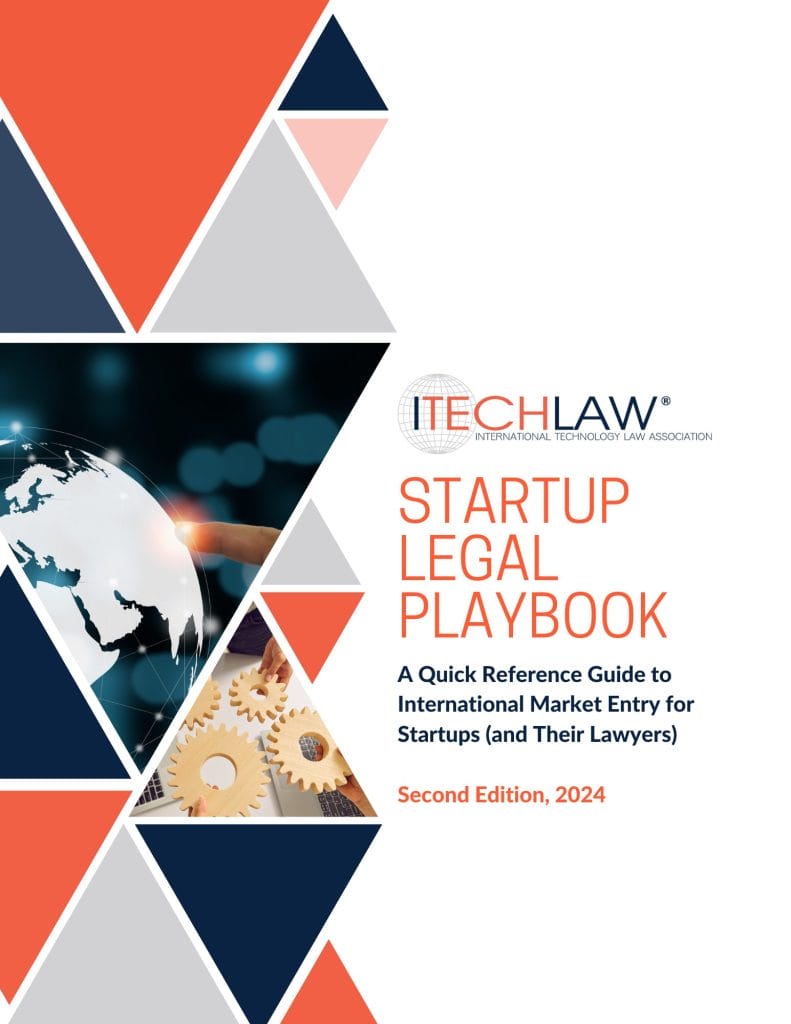History of ITechLaw
50 Years of Excellence
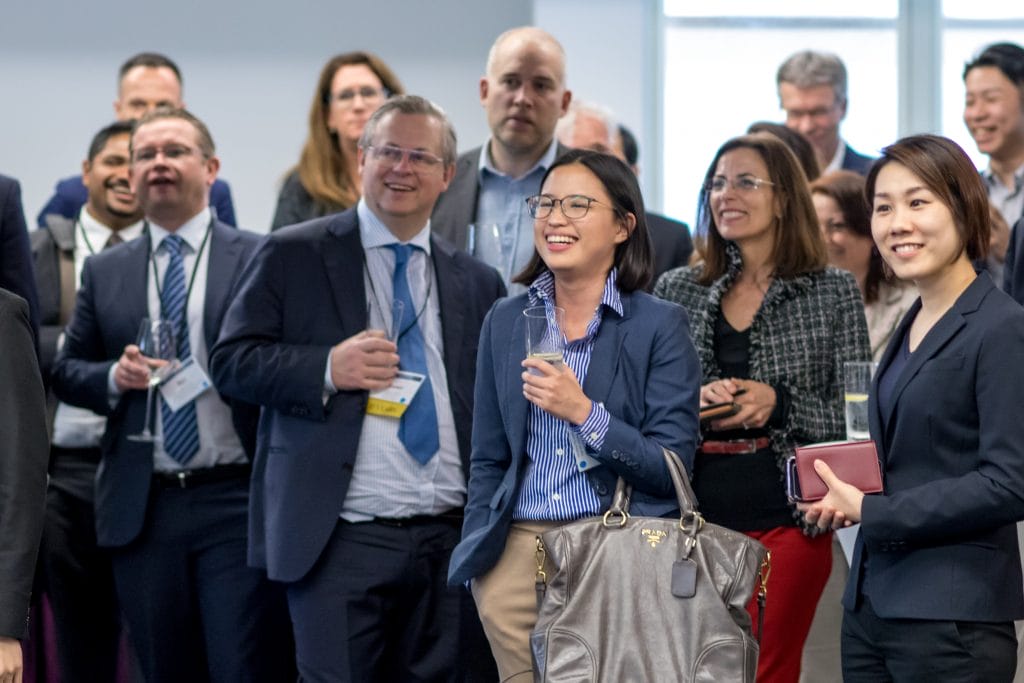
50 Years of Firsts
Take a stroll down memory lane and commemorate key events in the history of ITechLaw with our 50 Years of Firsts series brought to you by the ITechLaw 50th Anniversary Committee. We have reviewed our history as an association and have selected ten “firsts” for ITechLaw. We hope you enjoy each one!
ITechLaw History
ITechLaw has been operating since 1971, when the Computer Lawyers Group was first formed. The Computer Law Association, which later changed its name to ITechLaw, was then incorporated in 1973. The early years of the CLA set the scene for how the organization has developed and operates today.
The University of California in Los Angeles conducted the First National Conference on Law and Electronics in California in October 1960. Roy Freed, who became the fourth President of the CLA/ITechLaw, attended that conference. Then an article written in November 1960 by Roy Freed “A Lawyer’s Guide Through the Computer Maze” was published by the Joint Committee on Continuing Legal Education of the American Law Institute and the American Bar Association.
Following publication of this article, the head of the American Law Institute and the American Bar Association set up seven consecutive national conferences to explore the theme and named Roy Freed as its general chairman. Those are understood to have been the first conferences on the subject of technology law.
Roy Freed became a member of the American Bar Association’s Special Committee on Electronic Data Retrieval, with Bob Bigelow, who was later to become the third President of the CLA/ITechLaw.
Roy Freed and Bob Bigelow, however, decided that it would be good to have an independent organization that would provide a forum for the exclusive consideration of the various legal ramifications of working with computers. Consequently, in 1971, at an informal meeting held at another technology conference, a group of seven people (including Roy Freed and Bob Bigelow, and Fred Lafer, who became CLA/ITechLaw’s first President) decided to form the Computer Lawyers Group. It was thought that similar meetings could be a useful educational tool for those practising in this area of law, learning about recent developments from those directly involved, and also an opportunity to meet and get to know other lawyers who shared a common interest.
When the Group’s mailing list expanded, and the meetings became larger, the Computer Lawyers Group then became the Computer Law Association on 12 January 1973, a District of Columbia non-profit association. The first President, from 1973 to 1975 was Fred Lafer.
Although the CLA began as a domestic US organization, international issues were very much in mind from the very beginning. In August 1975, a USA-Japan Joint Computer Law Conference was held in Japan – the first International Meeting of the CLA, co-chaired by Dick Bernacchi of the CLA, who was to become its fifth President.
In 1976 the CLA held its first US West Coast Conference, in San Francisco. This conference provided an overview of the “State of the Art” in various aspects of computer law. CLA then returned to the West Coast every year for many years, with many of the conferences held in Silicon Valley or its environs, or occasionally in Los Angeles.
In terms of international meetings, the 1975 conference in Japan was followed by a major international meeting in Toronto in 1978, co-sponsored by a committee of the Canadian Bar Association. Another meeting was held in Toronto in 1983. Dan Cooper, who would later become the first non-US lawyer to be president of the CLA in 1985, was very much involved both in these meetings and in the organization’s international development.
However, the Washington DC area was always the home base of the CLA, and the First Annual Update Meeting of the CLA took place in Washington DC in May 1985, with Dan Cooper at the helm.
In 1987 the CLA had its first woman President (the first of many women Presidents), when Susan Nycum from California assumed the office. During Susan Nycum’s term, the CLA held its first European meeting in Amsterdam, in 1988. The meeting in Amsterdam also acted as the first meeting of the International Federation of Computer Law Associations (“IFCLA”). CLA co-sponsored other European conferences with IFCLA in Munich in 1990, Stockholm in 1992, Bath in 1994 and in Brussels in 1996.
In February 1993, in an effort to reach out across the Pacific, the CLA organized a conference in Sydney, Australia.
In 1994 CLA held its first West Coast conference outside California, in Seattle. This reflected the increasing importance of Seattle and its environs in the IT industry, as the home of Microsoft and a number of other IT companies. The conference also represented the first time that the Internet was a conference topic, and featured a presentation on the patentability of software inventions.
In 1995 a large delegation of CLA members went to Sao Paolo. Brazil had become of increasing importance to the CLA, where the CLA co-sponsored the ABDI Annual Congress on Computer and Telecommunications Law for a number of years. Esther Nunes, who was President between 2004 and 2005, was very influential in developing this relationship.
In 1997, as part of the growing international reach of the organization, a conference was held in Hawaii, co-sponsored by the Japanese Electronics Industry Development Association, which sent a large delegation to the conference.
Then, from 1999, the CLA, having already undertaken a number of international conferences, made a major effort to become a truly international organization. Following an approach from Enrique Batalla, from Madrid, the first of the now annual European conferences was held in Madrid in June 1999. Since then, the European conferences have become a mainstay of the organization and the European membership continues to grow.
The first International Asian Conference of the CLA was held in Bangalore in February 2005. Since this time, the organization has held a conference in India every year, with conferences being held in Mumbai (in 2008) and New Delhi (in 2009), as well as in Bangalore (or “Bengaluru”), and the organization has continued to grow in India.
ITechLaw assumed its current name in 2006, to reflect its growing international membership and the convergence of computing technologies with other technology and, in 2008, ITechLaw opened its membership beyond legal professionals to other professionals with an interest in technology law issues.
In 2014, the focus on Asia-Pacific was first initiated with another conference in Australia, this time in Melbourne, followed by a conference in Singapore in 2016.
50 Years of Firsts
To kick off the celebration, ITechLaw took a trip down memory lane to commemorate key events in the history of ITechLaw with our 50 Years of Firsts series brought to you by the ITechLaw 50th Anniversary Committee. Read the selected ten “firsts” for ITechLaw which we will highlight ITechLaw’s trajectory as a global organization.
Contribute to ITechLaw's History
Become a member today
